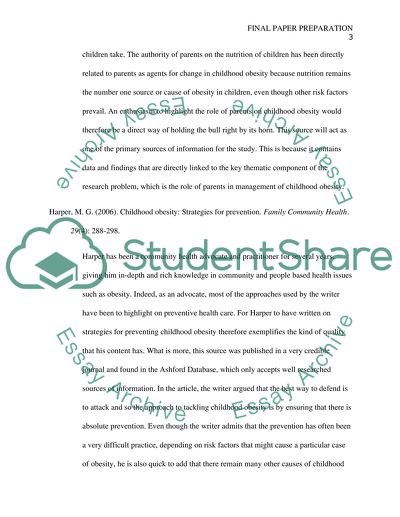Cite this document
(“The role of parents in the use of home based management to treat Assignment”, n.d.)
The role of parents in the use of home based management to treat Assignment. Retrieved from https://studentshare.org/health-sciences-medicine/1491630-the-role-of-parents-in-the-use-of-home-based-management-to-treat-obesity-in-children
The role of parents in the use of home based management to treat Assignment. Retrieved from https://studentshare.org/health-sciences-medicine/1491630-the-role-of-parents-in-the-use-of-home-based-management-to-treat-obesity-in-children
(The Role of Parents in the Use of Home Based Management to Treat Assignment)
The Role of Parents in the Use of Home Based Management to Treat Assignment. https://studentshare.org/health-sciences-medicine/1491630-the-role-of-parents-in-the-use-of-home-based-management-to-treat-obesity-in-children.
The Role of Parents in the Use of Home Based Management to Treat Assignment. https://studentshare.org/health-sciences-medicine/1491630-the-role-of-parents-in-the-use-of-home-based-management-to-treat-obesity-in-children.
“The Role of Parents in the Use of Home Based Management to Treat Assignment”, n.d. https://studentshare.org/health-sciences-medicine/1491630-the-role-of-parents-in-the-use-of-home-based-management-to-treat-obesity-in-children.


